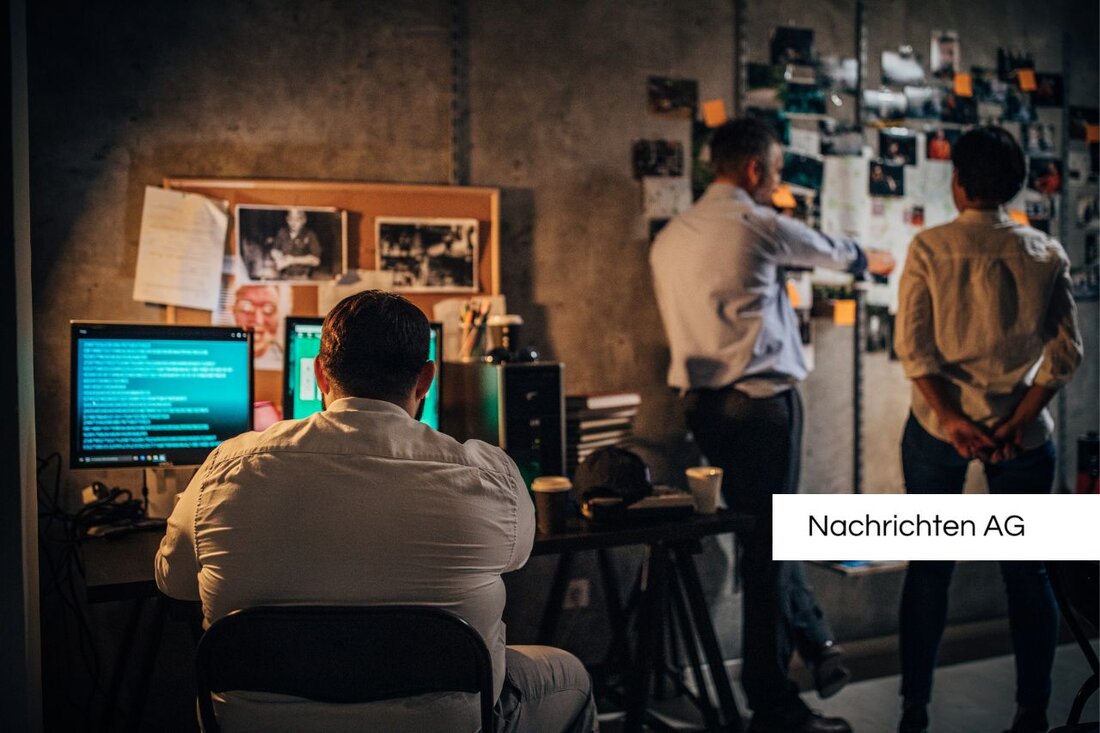ÖVP under pressure: FPÖ calls for an examination for abuse of power!
The FPÖ calls for an examination committee on the ÖVP abuse in the National Council and criticizes party political influence.

ÖVP under pressure: FPÖ calls for an examination for abuse of power!
On May 21, 2025, the Freedom Party (FPÖ) brought in an urgent request to the office of the Austrian People's Party (ÖVP) in the National Council. This request is aimed directly at Chancellor Christian Stocker, who is represented by State Secretary Alexander Pröll. A central point of the request is the allegation of "ÖVP-power abuse", which is underpinned by alleged party-political influence on authorities, especially in the context of the COVID-19 measures. According to FPÖ, there are signs of systematic suppression of criticism and an inappropriate influence on the media. Austria's decline in the global press freedom index is emphasized as a serious indication of these grievances. The FPÖ refers to the increasing hostility to journalists who are insulted both online and in demonstrations and physically attacked, which further affects the already criticized media landscape.
Christian Hafenecker, the FPÖ general secretary, has sharply criticized the personnel decisions of the ÖVP and spoke of a party-political “postschacher”. He also calls for a comprehensive review of Corona policy and criticizes the treatment of critics of the measures. State Secretary Pröll has rejected the allegations and speaks of abuse of parliamentary instruments. He also emphasizes that the absence of Stocker was known and alternative appointments were rejected.
Requirements for the committee of inquiry
As part of the urgent request, the FPÖ has also formulated a request for a committee of inquiry on the subject of "ÖVP abuse". This committee is to be requested in a special meeting of the National Council and aims to investigate the intimidation of government critics. The suspicions include non-unusual or party-political influence in the Ministry of the Interior and Justice as well as in the Federal Chancellery during the period from January 7, 2020 to May 2023. A central concern of the committee also affects the investigation into the cause of the death of Christian Pilnace and the removal of evidence.
Furthermore, journalistic persecution are also discussed that can be observed in the current political climate. According to Amnesty International, attacks on journalists and harassment by the police are not only the order of the agenda at meetings, but also alarming because the police are politically bound by instructions. In this context it becomes clear that the challenges for freedom of the press in Austria are considerable.
freedom of the press and their meaning
The FPÖ sees the constitutional requirements for the establishment of the committee as given. National Council President Walter Rosenkranz (FPÖ) could lead this, while the first information person in the Interior Minister Gerhard Karner and Chancellor Christian Stocker are intended. The problem of freedom of the press has not only political, but also social implications, since attacks on journalists and their security have a direct impact on the quality of reporting.
In summary, it can be said that the ongoing allegations against the ÖVP, combined with the critical questions regarding freedom of the press, dominate the political debate in Austria. The FPÖ's claim to clarify and transparency in the government is accompanied by the worrying development of freedom of the press in the country, where Austria fell from 17th to 3rd place in the ranking of the press freedom of reporters without borders.
 Suche
Suche
